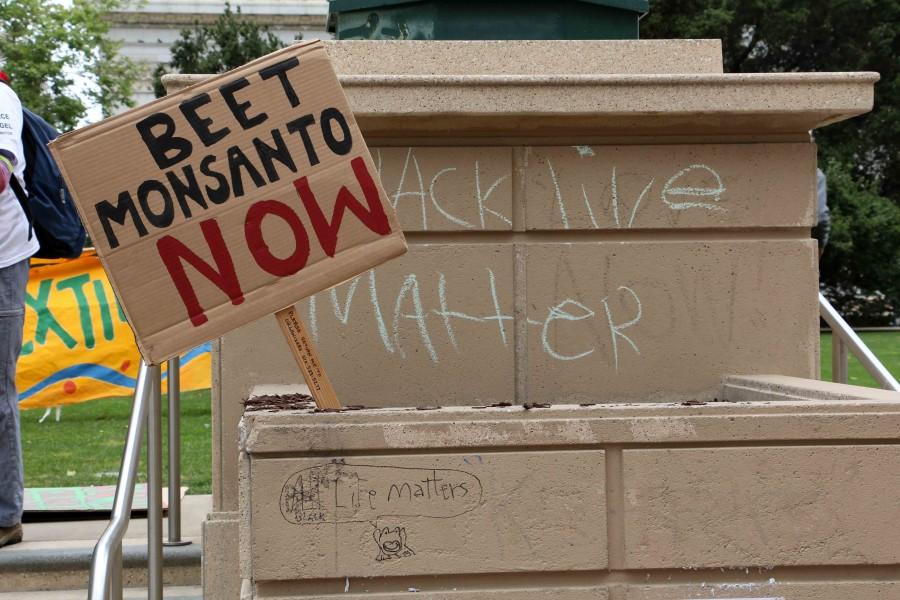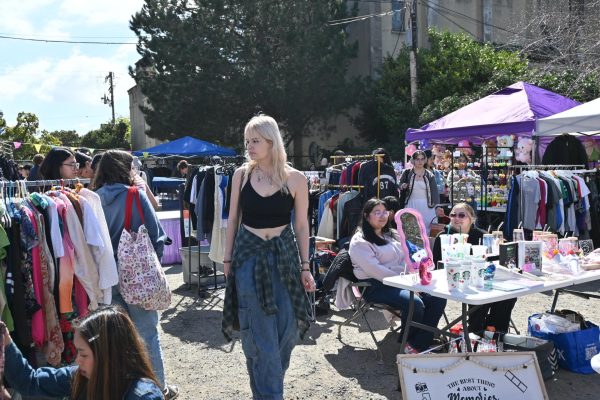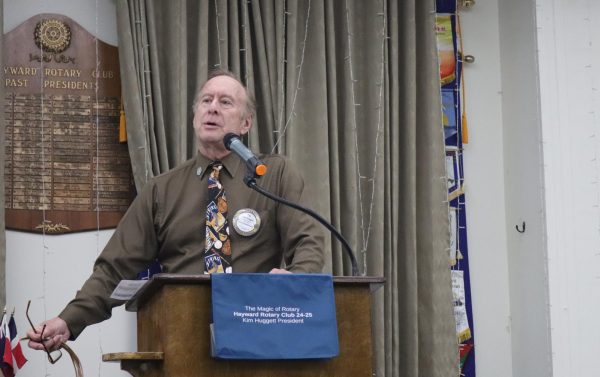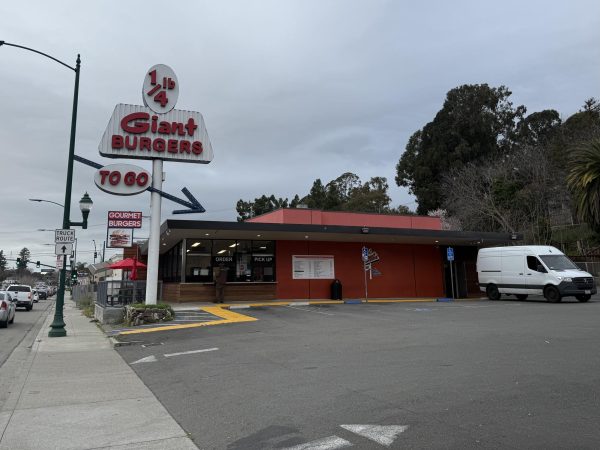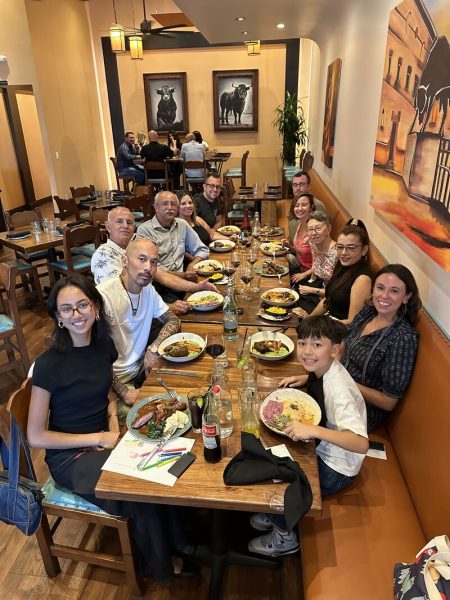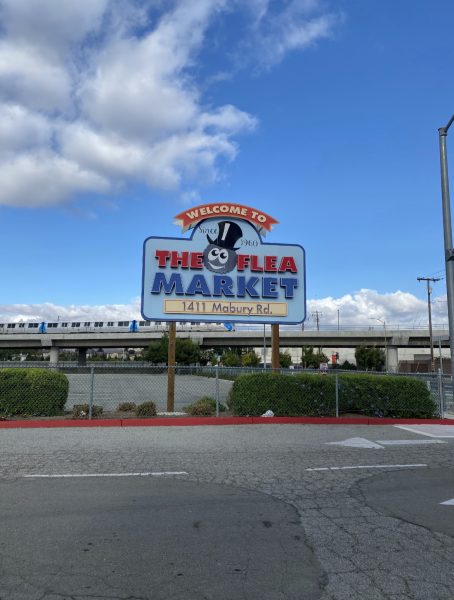Thousands join March Against Monsanto
Genetically Modified Organisms sound like a vicious parasite that escaped a laboratory during a science fiction film when in actuality, it’s an ingredient found in the majority of foods consumed by Americans that some feel are to blame for autism, cancer, obesity and a series of other diseases plaguing our society.
Saturday, May 23, East Bay residents began to trickle into the downtown area of Oakland in Frank Ogawa Plaza, which acted as the starting point for hundreds to join in solidarity with over 400 cities around the world to take a stand against GMOs and domination of agricultural companies, specifically Monsanto in the farming industry.
This was the third annual Millions March Against Monsanto and according to the Organic Consumers Association website, it has one simple message,“ Monsanto makes us sick.” Monsanto, according to their website, is “a sustainable agriculture company.” For artist Natasha Robinson, it’s a corporation responsible for the poison contaminating our food supply.
Robinson purchased a small farm in Nicaragua, a piece of land surrounded by larger farms that use Monsanto’s roundup, an herbicide used to rid crops. The chemical specifically targets onions of the whitefly, a little white moth that sucks the juices out of crops and if not caught can spread disease. “Any food that comes from the tropics is just saturated,” said Robinson. “For every layer of the onion there’s a layer of spray that goes along with it.”
According to the Massachusetts Institute of Technology, Roundup Ready Crops are “genetically modified to be resistant to the herbicide Roundup.” Although she didn’t use roundup personally, wind in the tropics blew the pesticides onto her land. Robinson says the result is what caused her cancer.
The march ended at the Lake Merritt Pergola. Several guest speakers took their turn at the podium sharing their knowledge of GMOs, Monsanto and the necessity for people to unite and demand the right to know what’s in their food.
“The emperor has no clothes,” began Dr. Jeff Ritterman, a retired cardiologist and member of Physicians for Social Responsibility. “The entire bio-technology system is built on delusions.” The delusion being the notion that Monsanto’s roundup is safe.
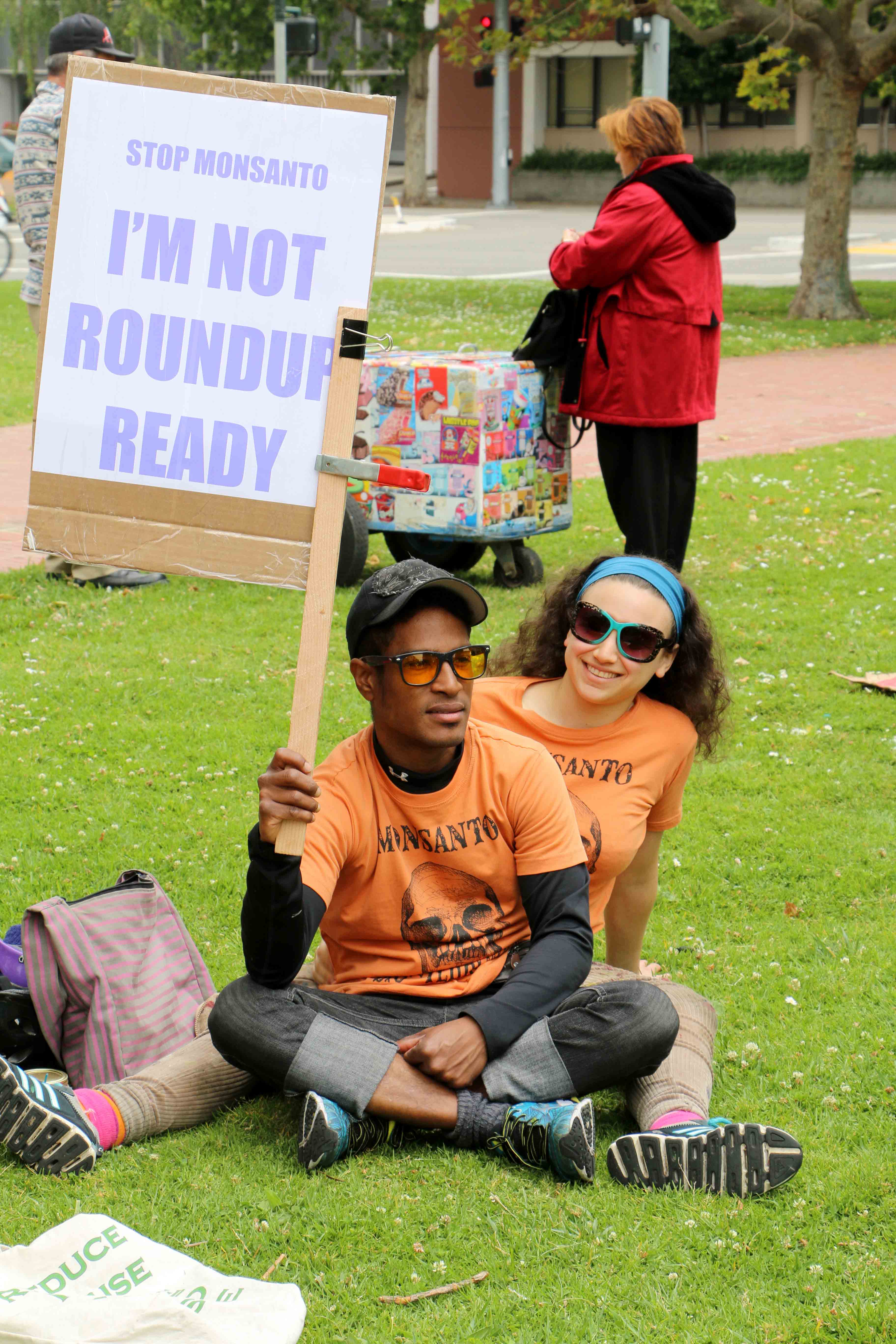
The gripe against Monsanto stems from a long history of what protesters describe as farmer oppression. In 1980, the Supreme Court approved the ability to patent life. Monsanto, which started as a chemical company known for producing DDT and Agent Orange, created a soybean.
Monsanto introduced their Roundup Ready soybeans in 1996 and in 2010, an Associated Press investigation reported that over 90 percent of soybeans in the United States carry Monsanto genes. In 2013, according to the Organic Consumers Association, Monsanto now controls 80 percent of the corn market and 93 percent of the soy market.
In the 2008, “Food Inc.,” a documentary purposed to challenge how people eat, claimed that 70 percent of processed foods contain some genetically modified ingredient. A number of companies mentioned in the film, including Monsanto, prepared responses to the claims made in the film via press releases and websites. Chipotle instead responded with their own documentary film in 2009 to show customers they “do things differently.” Earlier this year they revealed that none of their 18,000 restaurants would contain GMOs.
“I never thought I would be siding with a large corporation,” said Ignacio Chapela, a Microbial Ecology professor at UC Berkeley. “…but I will have to side with Chipotle today because I really like the sign on their doors and the sign says farewell to GMOs.”
Those for GMOs argue the benefits outweigh the costs. According to the NaturalRevolution.org, GMOs have been instrumental in the increased production of food, which have helped to feed starving third world countries.
Currently, the FDA has no testing requirements for GMO safety. The most common GMOs include soy, cotton, canola, corn, sugar beets, Hawaiian papaya, alfalfa, and squash, all of which appear in majority of the foods we eat according to the Non GMO Project. These ingredients are found in most of the items one would purchase during routine grocery shopping.
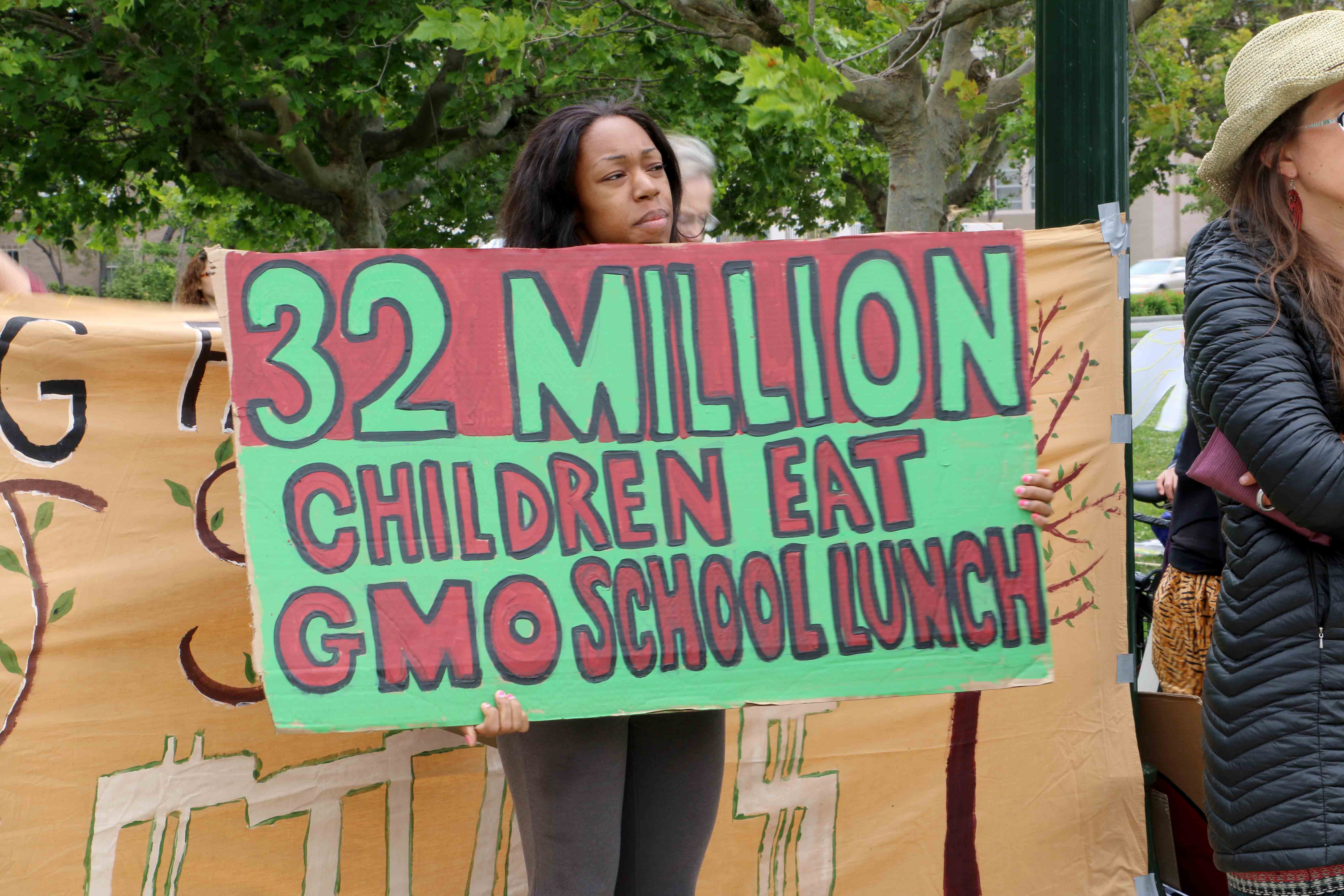
The Library of Congress states, “the FDA treats foods derived from GMOs like those derived from conventionally bred plants, and therefore most foods derived from GM plants are classified as presumptively ‘generally recognized as safe.’”
Bay Area lawyer and activist, Mona Lisa Wallace, arrived on the podium belting “Mon sat no Bay Area.” There have been several studies that suggest a connection between GMOs and a variety of illnesses and although none have been proven, Wallace makes a final plea.
“Well, until we know for sure [the effects of GMOs], we’re asking to know what’s in our food,” said Wallace. “We want to make the decision for ourselves whether we want to take that risk.”
The next protest is set to take place June 20, on Powell Street and Market Street in San Francisco during the 83rd Annual US Conference of Mayors. “We’re gonna tell the mayors of this nation we want our children off GMO,” concluded Wallace.


